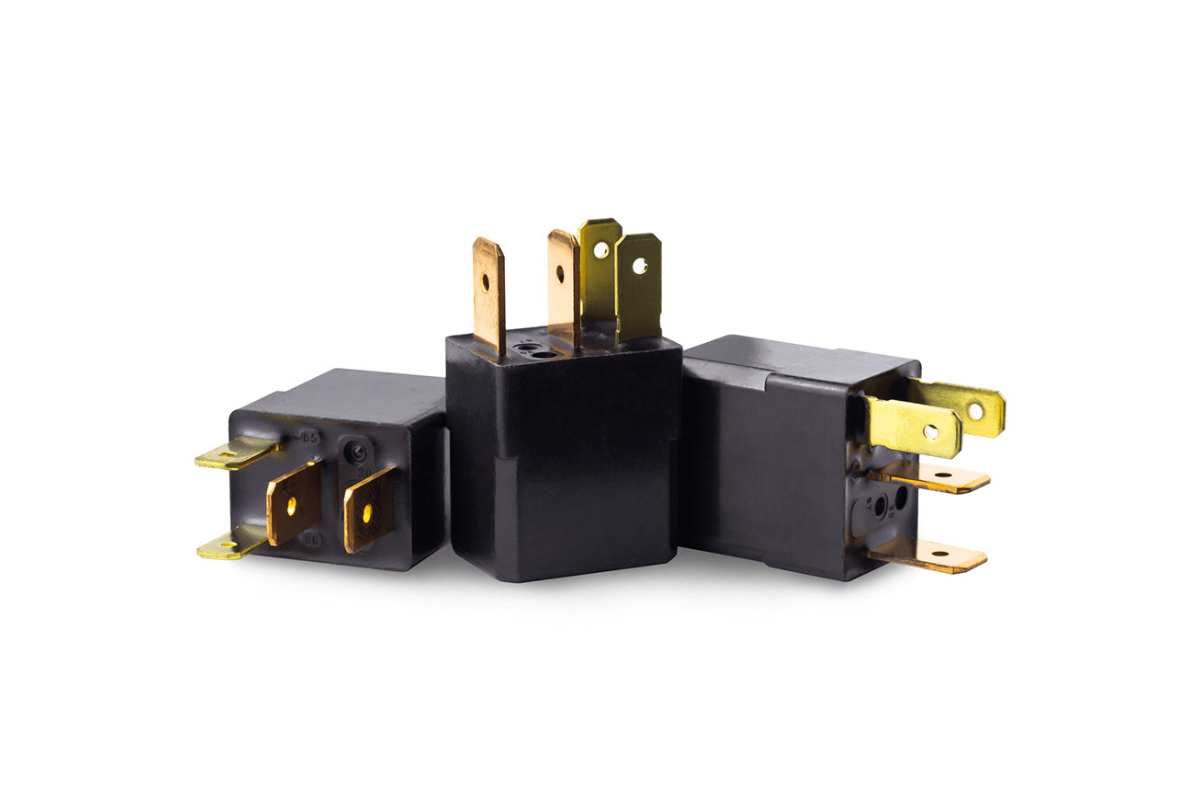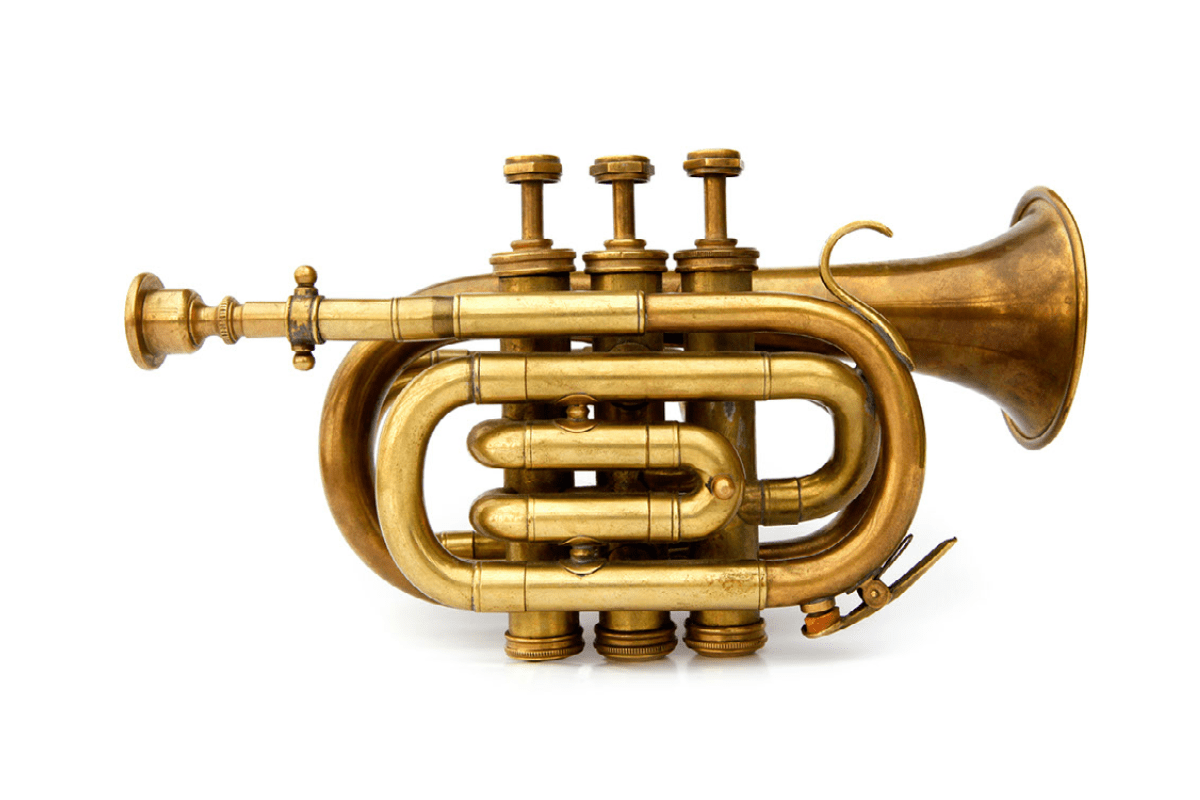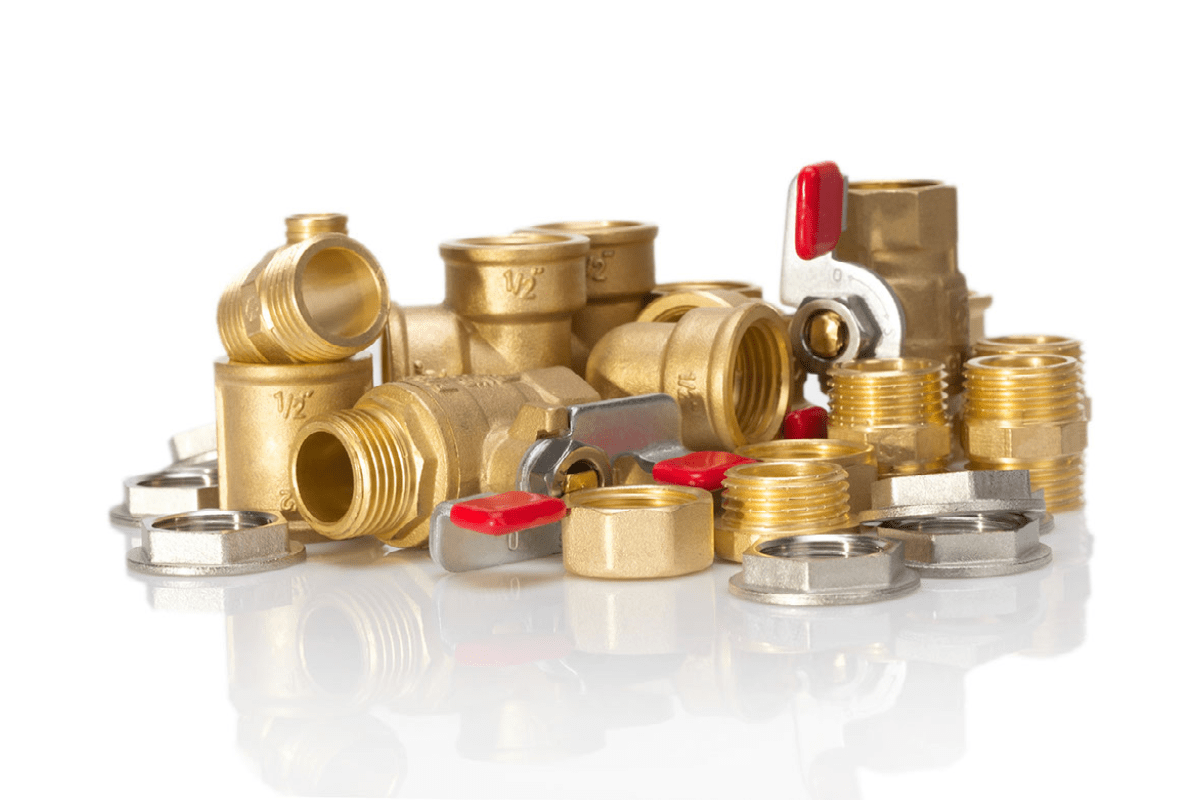What is Brass?
Brass metal has been around for a very long time. Because of its hardness and workability, it is a historically significant and long-lasting alloy. Most people are unaware that the first brass, known as calamine brass, goes back to the Neolithic period and was most likely created by reducing combinations of zinc and copper ores. The term brass is frequently used in ancient sources, such as the Bible, to refer to bronze, a copper-tin alloy. Yes, brass metal has been around for generations but it has recently taken on a whole new life because of its adaptability and use in so many different modern industries. Brass metal has now found its way into all sorts of instruments, products, and manufacturing processes. But what are the most common uses of brass metal and why is it so sought after even after so many years?
What is Brass Metal Used For?
For a variety of reasons, brass is one of the most popular and widely utilized metals. Among the most obvious reasons for this is that it is appealing to the eye. Yes, brass is undeniably good looking, especially for a metal. Brass has a gleam that can only be equated to gold and silver, yet it is reasonably inexpensive unlike those two other materials. Additionally, brass is frequently employed in architectural design because of its distinctive sheen. As well, brass is a pliable and conductive metal that is widely used in electrical wiring. The corrosion-resistant qualities of this low-maintenance alloy, along with its visual appeal, have made it a desirable metal for the following sectors. The question isn’t “what is brass metal used for?” No, instead the query should be “what is brass metal not used for?” That is because it has found its way into a number of industries and companies all over the world because of its look and resilience. Because of its flexibility, this alloy is used in a seemingly unlimited number of sectors and goods.
 Brass Metal in Cars
Brass Metal in Cars
One of the major industries that employs this strong metal and its alloys in their production process is the automobile sector. Car radiators have historically been composed of aluminum. Aluminum is a hefty alloy, while being very malleable and corrosion-resistant. Manufacturers have begun to replace such hefty radiators with brass metal alloy alternatives. This replacement version is generally about 40% lighter and significantly less expensive. According to certain research, these newer brass metal radiators might endure for up to ten years.
Brass Metal in Metalworking
Brass is widely used in the production of tiny non-sparking and non-ferromagnetic parts such as door knobs, latches, and signs pieces. Such products must contain an alloy that can be bent without losing strength at high temperatures. To act as a mold for all of the essential fittings, high-quality cast billets are made and generally made from brass. Why is that? It's because b rass is trusted by manufacturers to produce molds with an uniform grain structure and unrivaled strong qualities.
Brass Metal in Music
Brass is the most often used instrument in the music industry. The advantages of brass are well-known among those who produce musical instruments. Brass sheets are used to construct trumpets, horns, and tubas giving the necessary strength and a professional appearance. Brass' malleability and ability to resist high temperatures allow musical instrument makers to bend it into whatever form they choose while yet preserving the required acoustic qualities.
Brass Metal in Decorations
Brass's aesthetic appeal, in addition to its antibacterial characteristics, makes it a preferred option for ornamental applications. It comes in a variety of colors, ranging from pale gold and silver to practically crimson. Brass is widely used in residential dishwasher and light fittings because it is both visually beautiful and germ resistant. In other words, brass metal is a great way to decorate and liven up a home because it looks great in nearly every situation but it is also safe when it comes to germs and bacteria. Additionally, brass metal is often used in plumbing pipes and tubing. This is because brass metal has high corrosion resistance. This makes it ideal to be used underground or in intense weather environments. Therefore, it’s a wonderful material to be used in plumbing, which is often installed in the walls or underground. Between bathrooms, automobiles, musical items, and general decorative accessories, brass metal has proven its worth and wide variety of abilities over the years. No wonder it has been so popular for so, so many generations.


